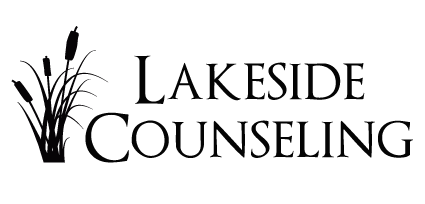In today’s fast-paced world, where stress, anxiety, and mental health challenges have become increasingly prevalent, the search for effective solutions has intensified. Among the myriad of options available, two prominent avenues stand out: actual therapy and self-help. While self-help resources and techniques certainly have their merits, it is crucial to recognize the unique benefits that professional therapy and counseling can offer. In this blog post, we delve into the realm of therapy, exploring its distinctive advantages over self-help approaches.
Professional Expertise
Actual therapy is conducted by licensed mental health professionals who have undergone extensive training, education, and clinical experience. These experts possess a deep understanding of human psychology and the complex intricacies of mental health. Their expertise allows them to provide personalized guidance tailored to your specific needs and challenges. While self-help resources can provide general information, they lack the personalized insights and professional assessments that therapists offer.
Individualized Approach
One of the most significant advantages of professional therapy lies in its ability to tailor treatment plans to meet your unique circumstances. Therapists work closely with you, conducting in-depth assessments and evaluations to gain a comprehensive understanding of your struggles, strengths, and goals. This personalized approach ensures that therapy sessions are specifically designed to address your individual needs, leading to more targeted and effective outcomes.
Evidence-Based Interventions
Actual therapy is grounded in evidence-based practices that have undergone rigorous research and evaluation. Therapists integrate scientifically validated techniques and interventions to support your mental well-being. They draw from a wide range of therapeutic modalities, such as cognitive-behavioral therapy (CBT), dialectical behavior therapy (DBT), and psychodynamic therapy, among others, depending on your specific requirements. Self-help resources, on the other hand, may lack scientific validation, leaving you uncertain about their efficacy and potential impact on your mental health.
Emotional Support and Guidance
Navigating through challenging times can be emotionally demanding, and having a trained professional by your side can make a substantial difference. Therapists provide a safe, non-judgmental space where you can express your thoughts, emotions, and concerns without fear of criticism. Their empathetic support and guidance help you gain new perspectives, develop coping strategies, and cultivate resilience. While self-help resources can offer guidance to some extent, they cannot replicate the depth of emotional support that an actual therapist can provide.
Accountability and Progress Tracking
Engaging in actual therapy fosters a sense of accountability and progress tracking. Regular therapy sessions offer an opportunity to reflect on your journey, celebrate milestones, and identify areas for growth. Therapists help you set achievable goals and hold you accountable for taking steps towards positive change. This structured approach can significantly enhance your motivation and commitment to personal growth. In contrast, self-help resources lack this element of external accountability, making it easier to lose focus and momentum.
Conclusion
While self-help resources undoubtedly have their place in supporting personal development and mental well-being, actual therapy stands as a transformative and powerful avenue for growth. With professional expertise, individualized approaches, evidence-based interventions, emotional support, and a sense of accountability, therapy offers unique advantages that self-help resources cannot replicate. If you are ready to embark on a profound journey of self-discovery, healing, and personal growth, professional therapy may be the transformative path you seek. Remember, you don’t have to face life’s challenges alone—reach out and discover the profound benefits that actual therapy can bring to your life.

